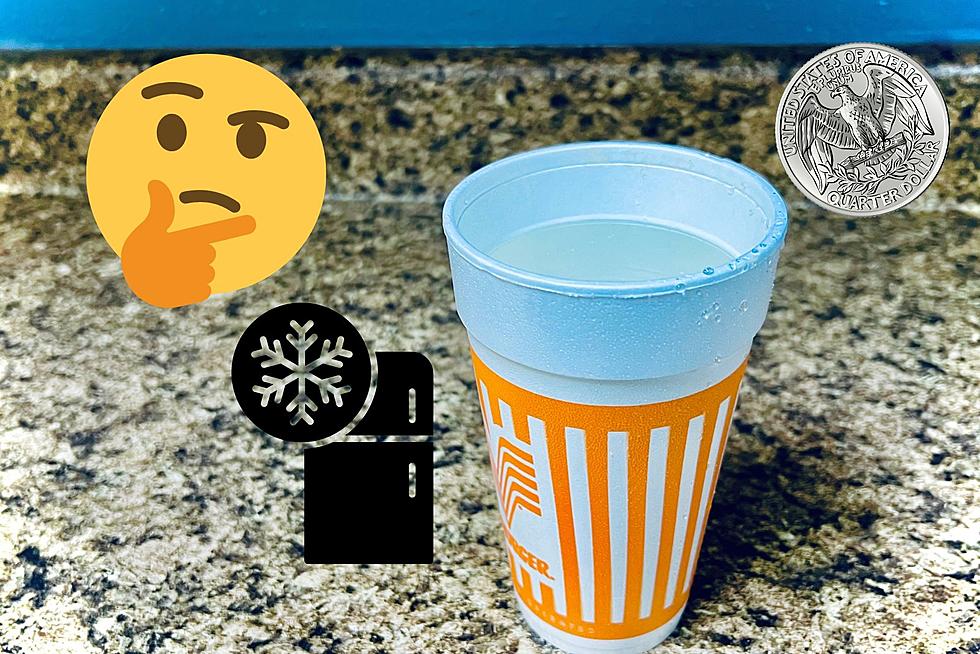
Best Grilling Tip of the Summer; Don’t Poke the Meat
If you're not quite a master griller, join the club. But there are a few easy things we can do to improve our grilling skills this summer, and one of those is to quit poking the meat and do this one simple thing instead.
Poking with a fork is bad because it punctures the meat and lets the juices start flowing out. Once you start losing juice in that steak, burger, or chicken breast, there's a good chance that your meat is going to end up dry and leathery. If you can avoid the poke and flip and jiggle with tongs instead, the finished product will be a lot juicier and your mouth will probably be a lot happier. And don't over-flip. Part of grilling is fighting the urge to fiddle.
I posted an article back in January with tips on choosing the best grill for your current backyard situation, and since we're fully into grilling season now we should review! I ran across these great hints at JenReviews.com, and after some lengthy study they've come up with some essentials when it comes to grill-buying.
5 Things to Consider When Picking a New Grill
1. Size Matters. What size you need depends on what you're doing with the grill. The small freestanding gas grills come in different sizes and are the least expensive. Mid-sized gas grills can hold more burgers but can cost from a few hundred bucks up to $2500. The large gas grills can help you crank out more than 30 burgers at once and have tougher grates, sliding drawers, side burners, and better storage space, but they can cost up to $3500.
2. Heat Distribution can make or break your food. If the heat distribution is right, the burgers and dogs cook faster and more evenly. If you can feel a temperature difference when you move your hand over the grates, that ain't right! You might end up with raw spots in the food, and nothing ruins a barbecue faster than salmonella. The best idea is to look for insulated and heavy-duty grates that circulate heat evenly.
3. All cooking grates are not created equally. Stainless steel grates can be scrubbed and cleaned more easily, but that shiny silver doesn't usually hold heat very long and may not help you achieve those pretty, even grill marks. Cast iron grates are heavier and more durable, and the porcelain-coated ones are non-stick and help you avoid disasters, especially with delicate foods like fish.
4. BTUs are your friend. Do you know what BTU stands for without Googling it? British Thermal Units. Impress your friends with that tidbit while you're standing around the grill this weekend. JenReviews.com says to make sure to check the BTU rating of the cooking grate since that’s the main heating section of the grill. You need a gas grill with durable and heavy-weight components to hold a higher BTU rating. We can do this, single ladies. Grills are not just man territory with this good advice.
5. Cost. It's possible to find a decent grill for a few hundred dollars, but it's important to consider how long it's going to last. Spending $2000 on a grill that lasts for ten years might be better than spending $500 on one that has to be replaced every season. We've all got to work that out and consider our own budgets. The best quality large grills might cost $3000, but they've also got the most durable grates, extra grilling space, and hidden storage compartments for utensils, condiments, and maybe a beer.
Couldn't you just lick a grill mark right now? Oh, me too. As long as there are no poke holes in it.
More From Mix 93.1









